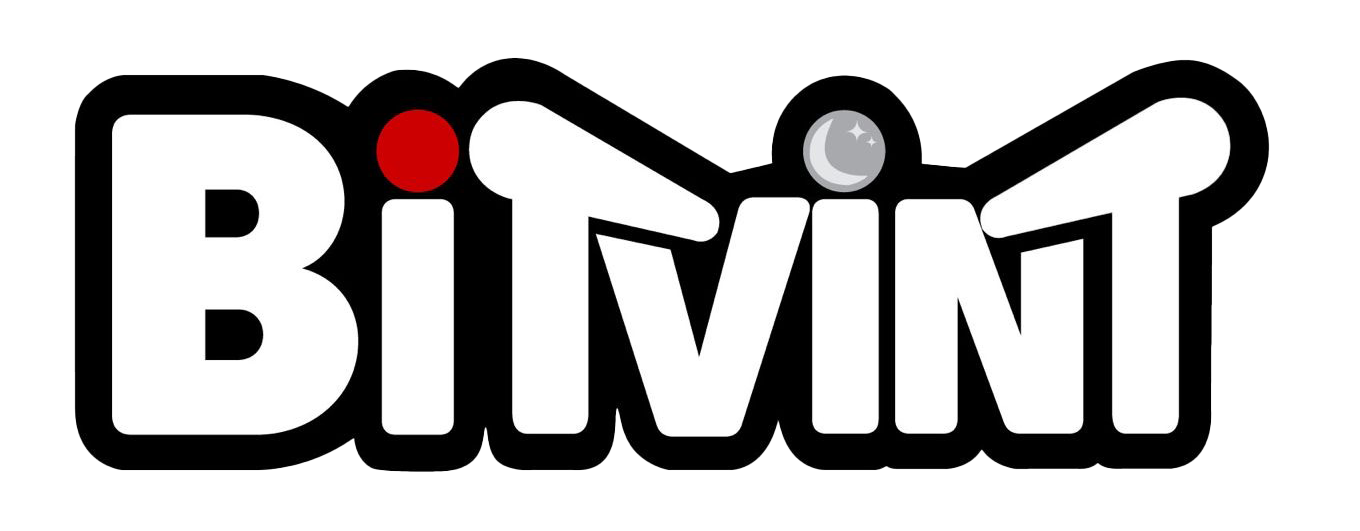Introduction
Released by Capcom in 1996, Mega Man 2: The Power Fighters is the arcade sequel to Mega Man: The Power Battle. Building on its predecessor’s boss-rush format, this game expands the formula with richer animations, branching stories, and a broader cast of characters. Developed for Capcom’s CPS-2 hardware, it features smooth visuals, fast-paced action, and classic Mega Man mechanics reimagined for the arcade.

Development and History
- Developer: Capcom
- Publisher: Capcom
- Release Date: 1996 (Japan and North America)
The Power Fighters was designed to appeal to both seasoned fans and newcomers. By focusing on fast boss encounters with special weapon strategy, it offered a condensed Mega Man experience ideal for arcades. The game introduced more character-specific dialogue and story threads, making it the most narrative-driven arcade Mega Man title.
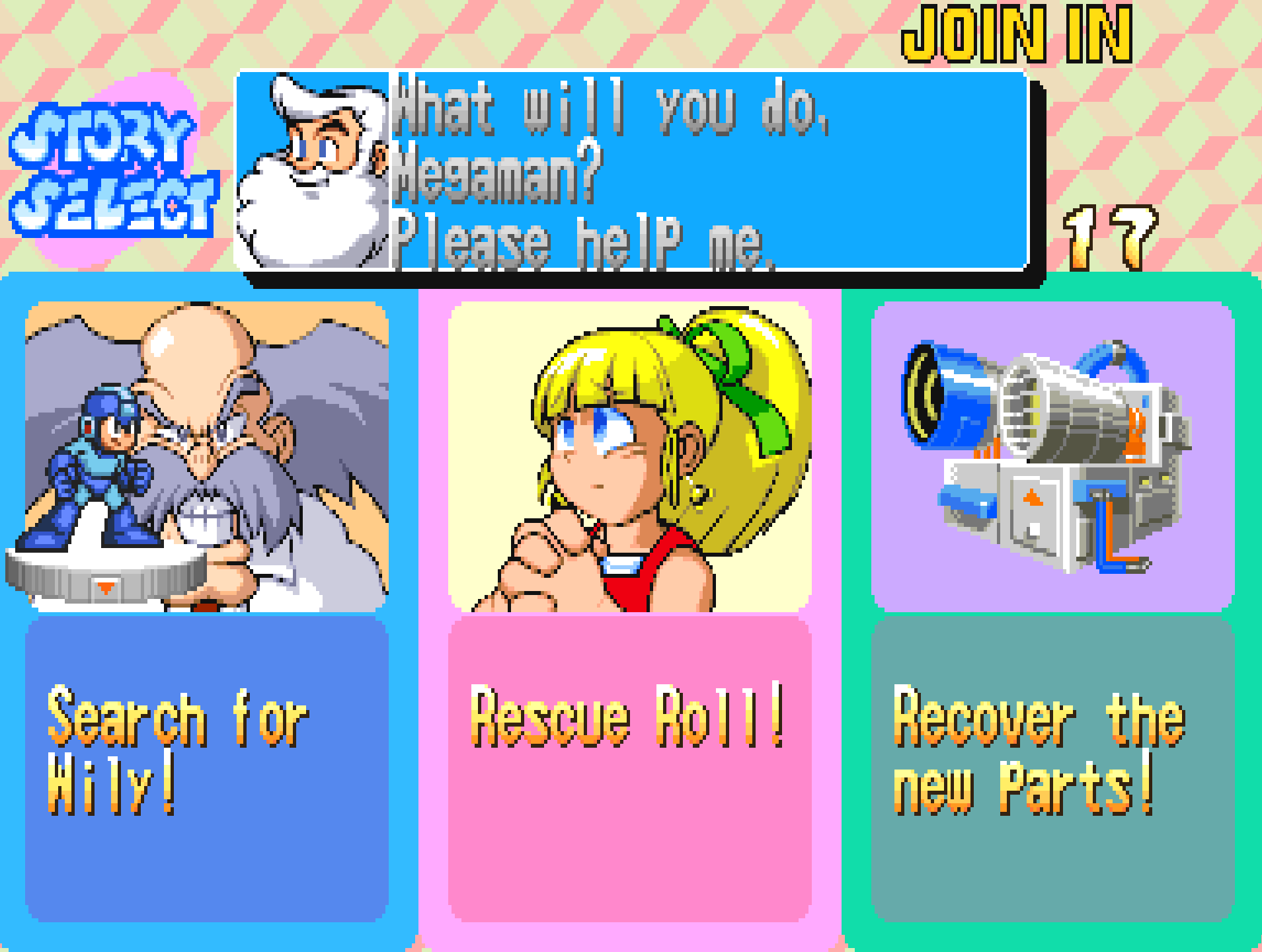
Gameplay Video
Gameplay and Mechanics
Core Gameplay
Players battle through a series of Robot Masters in one of three themed story routes:
- Search for Wily: A traditional path featuring fan-favorite bosses.
- Rescue Roll: A plotline focused on saving Mega Man’s sister.
- Recover New Parts: Centers on upgrades and new tech.
Playable Characters:
- Mega Man
- Proto Man
- Bass
- Duo (making his arcade debut)
Features:
- Special Weapons: Earned by defeating bosses, with classic weaknesses in play.
- Charge Shots & Dashes: Adapted from console mechanics.
- Co-Op Combat: Two players can team up with unique combo strategies.
- Dialogue Scenes: Added between fights to flesh out character backstories.
Challenges
- Strategic Weapon Use: Choosing the right tool for each boss is key.
- Time Pressure: Battles are timed, adding tension to each round.
- High-Speed Fights: Faster than the NES games, requiring twitch reflexes.
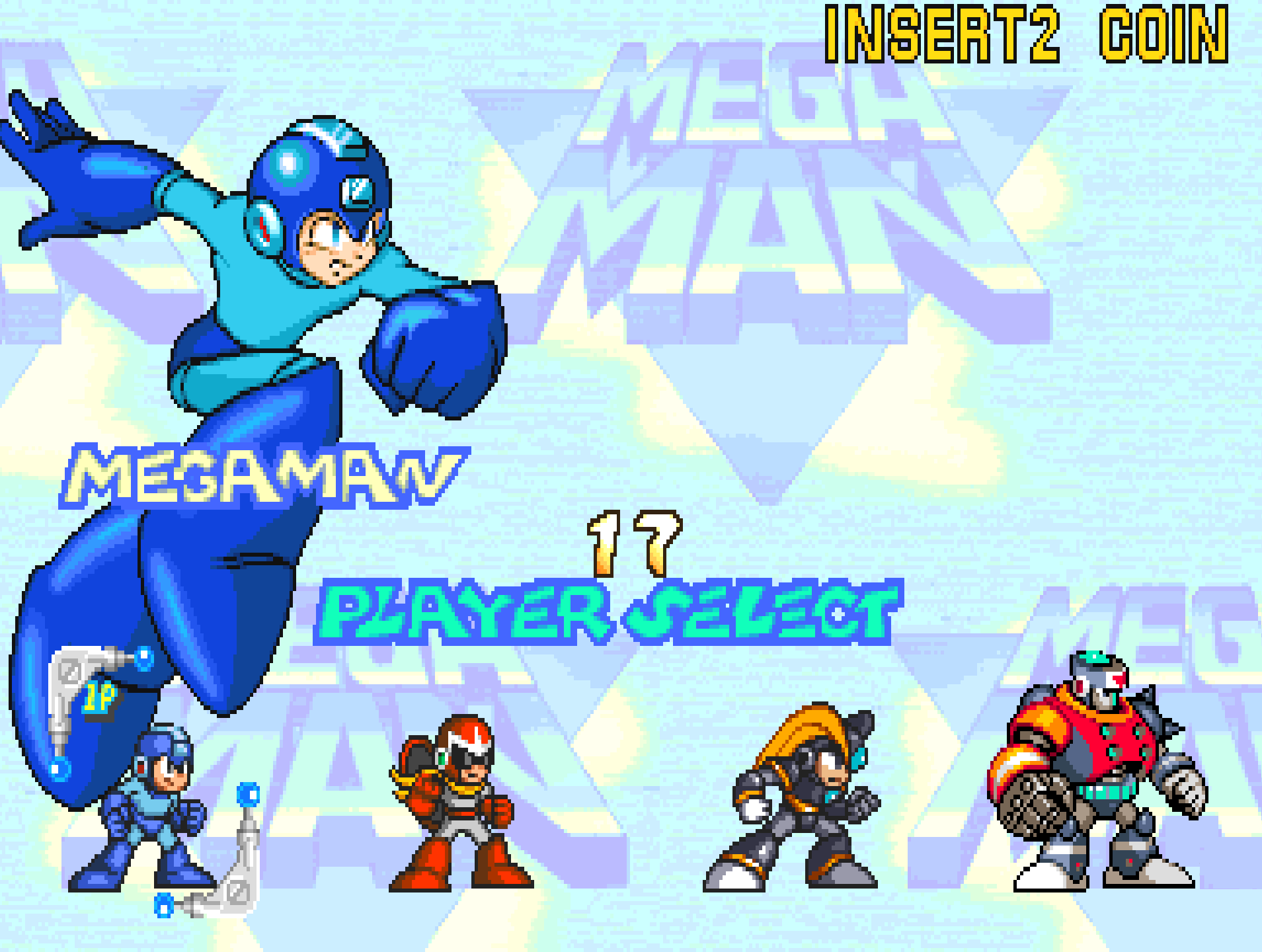
Cultural Impact and Legacy
- Arcade-Exclusive Story Beats: Expanded lore for Roll, Wily, and Duo.
- First Arcade Appearance for Duo: Previously seen only in Mega Man 8.
- Refined Co-Op: Improved two-player balancing over the first game.
- Re-Releases: Included in Mega Man Anniversary Collection and Capcom Arcade 2nd Stadium.
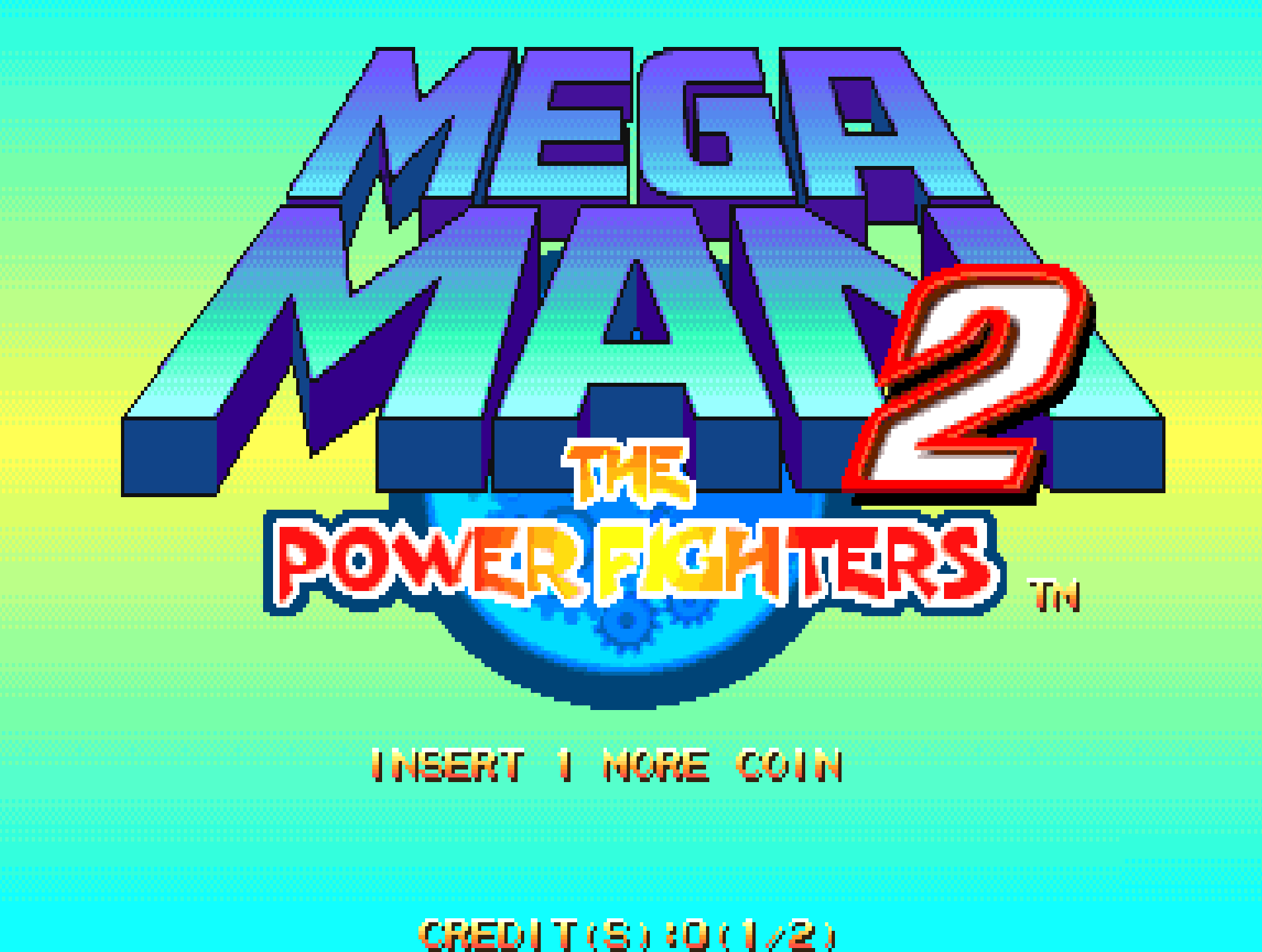
Fun Facts
- Shared Soundtrack: Remixed classic tracks from Mega Man 1–7.
- Ending Variants: Each character has a unique ending depending on the route.
- Easter Egg Dialogue: Specific pairings trigger special conversations.
- CPS-2 Presentation: Improved color depth and sound over the CPS-1 original.
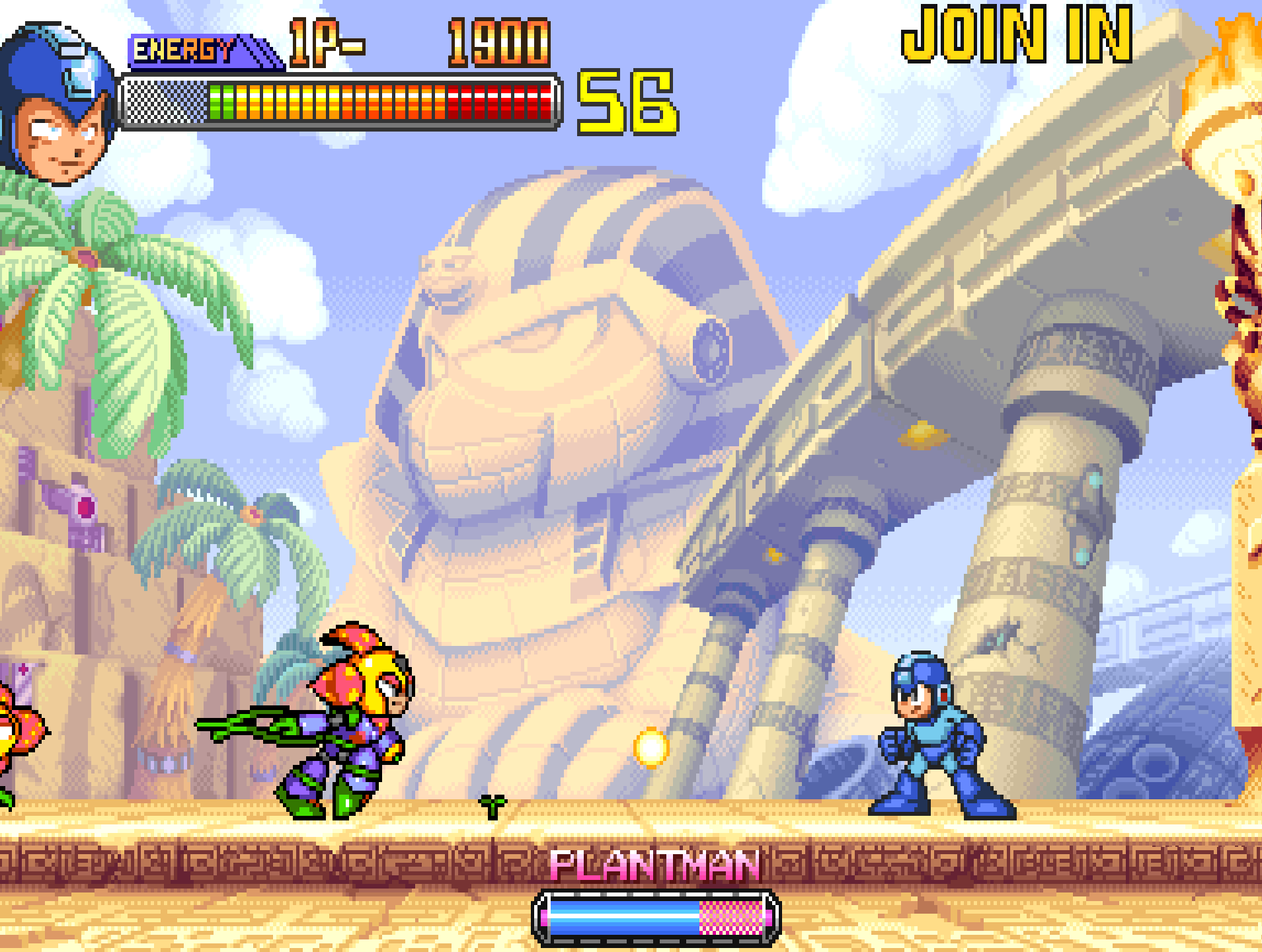
Conclusion
Mega Man 2: The Power Fighters polished and expanded everything that made the first game a surprise hit. With more characters, story routes, and refined mechanics, it’s one of the most complete arcade interpretations of the Mega Man formula. For players who love boss battles, co-op gameplay, and retro action, this remains an underrated gem in the Blue Bomber’s legacy.
